FDA Approves First Gene Therapy for Adults with Severe Hemophilia A

FDA Approves First Gene Therapy for Adults with Severe Hemophilia A
Today, the U.S. Food and Drug Administration approved Roctavian, an adeno-associated virus vector-based gene therapy for the treatment of adults with severe hemophilia A without pre-existing antibodies to adeno-associated virus serotype 5 detected by an FDA-approved test.
“Hereditary hemophilia A is a potentially serious bleeding disorder. Severe cases of hemophilia A can cause life-threatening health issues due to increased risk of uncontrolled bleeding,” said Peter Marks, M.D., Ph.D., director of the FDA’s Center for Biologics Evaluation and Research. “Today’s approval represents an important advance in providing treatment options for patients with this bleeding disorder, and treatment with gene therapy may reduce the need for ongoing routine therapy.”
Hemophilia A is a rare genetic bleeding disorder that occurs due to a mutation on the gene which produces factor VIII (FVIII), a protein that enables blood to clot. The disorder primarily affects males. This deficiency in FVIII causes affected individuals to have uncontrolled bleeding and bleed longer than people who do not have the condition. The frequency and severity of bleeding episodes depends on how much FVIII protein a person produces. Severe hemophilia A is characterized by especially low levels of FVIII (less than 1% in the blood) and represents about 60% of all cases. Severe hemophilia A may result in bleeding into vital body organs such as the kidneys and brain, which can be life-threatening if left untreated. Treatment for severe hemophilia A usually involves use of FVIII replacement therapy or an antibody-based medication to improve the ability of blood to clot and reduce the likelihood of bleeding.
Roctavian is a one-time gene therapy product administered as a single dose by intravenous infusion. Roctavian consists of a viral vector carrying a gene for clotting Factor VIII. The gene is expressed in the liver to increase blood levels of FVIII and reduce the risk of uncontrolled bleeding.
The safety and effectiveness of Roctavian were evaluated in a multinational study in adult men 18 to 70 years of age with severe Hemophilia A who were previously treated with Factor VIII replacement therapy. Effectiveness was established based on results from a cohort of 112 patients followed up for at least 3 years after Roctavian treatment. Following the infusion, the mean annualized bleeding rate decreased from 5.4 bleeds per year at baseline to 2.6 bleeds per year. The majority of patients who received Roctavian received corticosteroids to suppress the immune system for the gene therapy to be effective and safe. Treatment response to Roctavian may decrease over time.
The most common adverse reactions associated with Roctavian included mild changes in liver function, headache, nausea, vomiting, fatigue, abdominal pain and infusion-related reactions. Close monitoring for infusion-related reactions and liver enzyme elevation is advised with Roctavian administration. In some cases, treatment with Roctavian was observed to increase FVIII activity levels above the normal limits. An increase in FVIII activity may increase the risk of thromboembolic events (blood clots that can cause harm by blocking blood flow). Introduction of the Roctavian product’s DNA sequence may carry the theoretical risk of developing hepatocellular carcinoma (liver cancer) or other cancers. No instances of thromboembolic events or cancers associated with Roctavian were observed in clinical studies.
This application received Orphan, Breakthrough Therapy, Regenerative Medicine Advanced Therapy and Priority Review designations.
Click here to learn more.
Media:
Get Updates
from LSPA
Stay up-to-date on the latest news and events from Life Sciences PA, insights from the life sciences industry, and so much more!

Life Sciences Pennsylvania was founded in 1989 by a biotech scientist at Penn State University. Today it has grown to represent the entire life sciences industry – biotechnology and diagnostic companies, medical device companies, pharmaceutical companies, investment organizations, research institutions, and myriad service industries that support the life sciences in Pennsylvania.